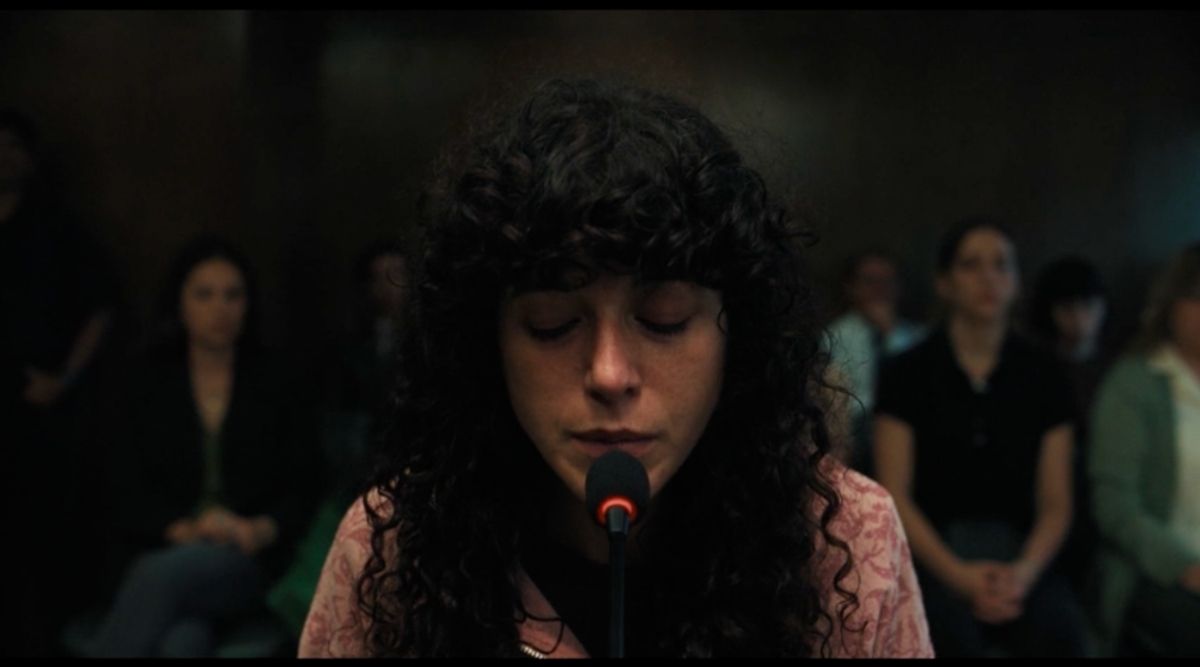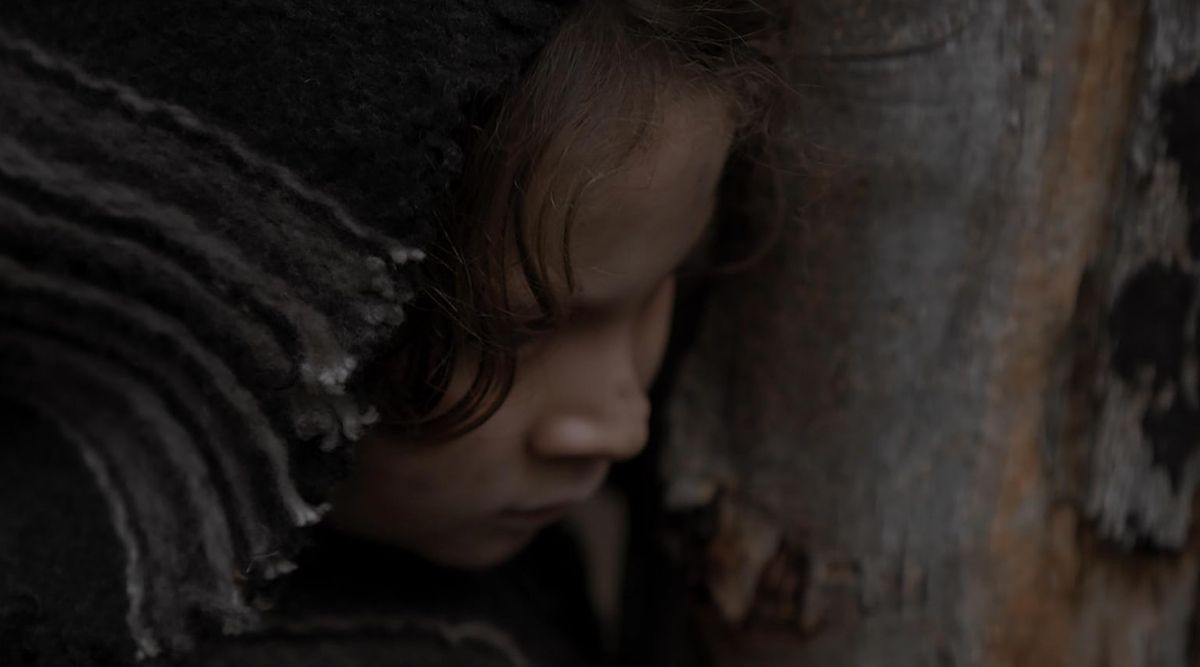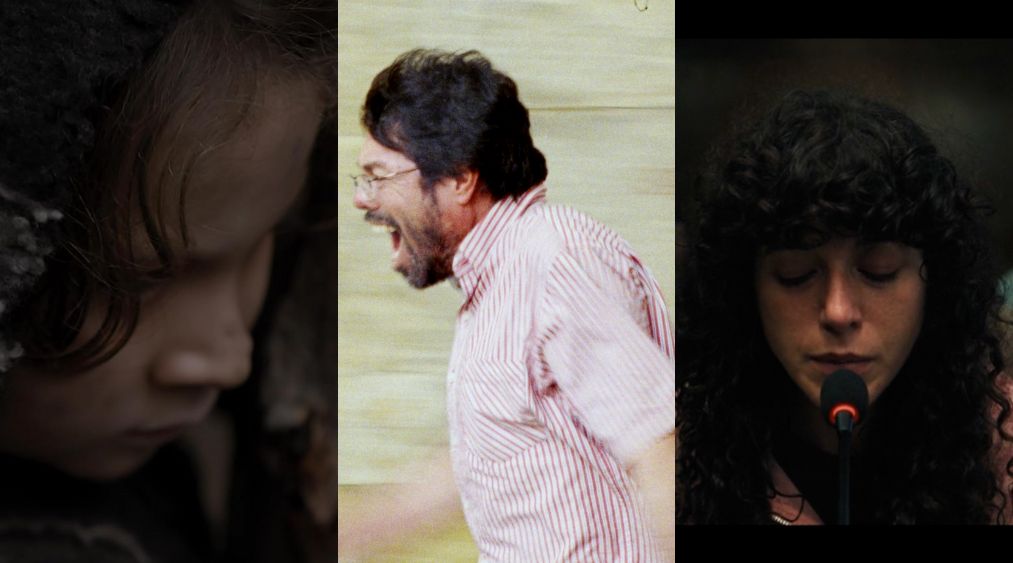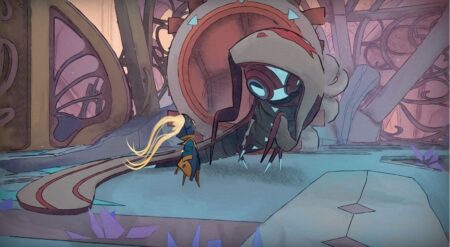Every fall, films from all over the world have a chance to be seen by audiences outside of their home countries through local and international film festivals. Outside of major Oscar contenders, Latin American movies and other foreign films have to fight for screen time. Some will go on to play in theaters or on streaming services, while others become available to rent and buy on VOD services.
These Latin American movies represent different genres and global takes on family, politics, and morality.
These three films from Latin America may go under the radar compared to other splashier contemporaries. A family drama, a real-life story of heroism, and a horror movie about the terrors of colonialism, the international film scene is robust and thriving. Look out for these three Latin American movies as the fall festivals and their movies come to theaters and streamers near you.
A Poet (Un Poeta)

Director: Simón Mesa Soto
Writer: Simón Mesa Soto
Oscar (Ubeimar Rios) is a poet who hasn’t published in years. Instead, he wallows in his mother’s house, gets bullied relentlessly by his sister, and gets drunk in the streets to mask his pain. His own daughter resents him, try as Oscar does to be in her life as she prepares to apply for colleges. Oscar’s sister helps set him up with a job teaching poetry at a local school, where he meets a student, Yurlady (Rebeca Andrade), in whom Oscar sees the spark of a true poet that he’s been missing himself for years.
Oscar tries to foster this skill in Yurlady, leading him down a path of self-discovery and tribulation as he does. The movie is bolstered by performances that feel real. Ubeimar Rios is a teacher himself, not a professional actor. The movie constantly goes out of its way to make Oscar seem as pathetic as it can without losing the earnestness in him.
Oscar truly cares about helping Yurlady, since his own daughter mostly rejects him. But that doesn’t stop him from still trying with his daughter, either. When things go awry with Yurlady and her family, Oscar remains the only character the audience likes and trusts in the end.
Belén

Director: Dolores Fonzi
Writer: Laura Paredes, Dolores Fonzi, Agustina San Martín, Nicolás Britos
A lot of based-on-a-true-story movies can suffer from either losing sight of their initial focus or picking the wrong part of a story to focus on in the first place. That’s far from the case for Belén. Belén is based on the 2014 case of a woman, codenamed Belén (Camila Plaate), who was wrongfully imprisoned in Argentina for having an abortion after miscarrying. Her initial defense was mishandled, and the presiding judge had a vendetta. A new lawyer, Soledad Deza (Dolores Fonzi), took on Belén’s case and turned it into a global movement.
Belén is structured with precision. It opens with the inciting incident in vivid detail, down to the horrendous treatment by the police. But the movie doesn’t make Belén a subject; she is a full character who splits screentime equally with Sola. The fight for her freedom and for abortion rights isn’t just on Belén’s behalf; she is part of her own story, too. But, that doesn’t mean Sola is just a cardboard character either. She has dreams and fears and a family who round out her character without ever taking over the emotional crux of the movie.
The people around Sola are real characters who learn and grow with her and the case, but their interpersonal issues don’t take the spotlight away from the legal fight at foot and the real human being in captivity because of it. Belén is a spectacular reminder of what it takes to fight for freedom and justice, including the costs and consequences involved.
It also reminds us of the joy that must be taken in fighting and the camaraderie that makes it not just worth fighting, but possible to win. And perhaps most importantly, it’s a reminder that another world is possible. Belén is based on a true story, after all.
Chuzalongo

Director: Diego Ortuño
Writer: Diego Ortuño
Chuzalongo asks the question, “If a demonic child has to consume human blood to keep the crops growing, is it moral to use the blood of a colonizer to keep him alive?” When a vicious colonial estate owner assaults one of his workers in the woods, her father swears to leave the child in the woods to die rather than let her have a white man’s baby. His guilt overcomes him, however, and the child grows into a bloodthirsty demon, only sated by the blood of human women.
When the boy grows older and returns to the estate, hungry, the local priest discovers he has a magic power to make crops grow. The priest is caught in a moral dilemma between keeping the boy alive to help feed the starving Indigenous workers on the estate, or killing the child to spare the women.
Chuzalongo is an unflashy indie horror movie built on atmosphere and a deliciously fascinating moral quandary. Do the true demons, the colonizers, deserve safety over the people they oppress, or does letting the boy kill them make the priest no better than his cruel masters?
Whether these three Latin American movies come to theaters near you or you can find them on streaming or VOD, enjoy these international takes on family, politics, and morality.







